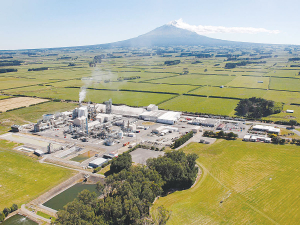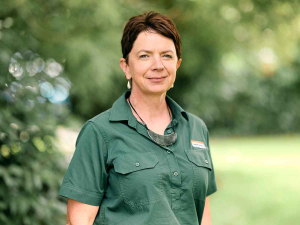It will pay farmers a rebate of $45/tonne for the financial year ended May 31, 2019, returning $57m to its 18,500 farmer-shareholders.
Chairman David Peacocke says a year-on-year lift in performance since 2016 stems from working with partners in New Zealand and suppliers around the world.
“Everything we do is geared to ensuring Kiwi farmers have access to the best nutrients and advice to achieve outstanding agronomic results, stay competitive globally and drive sustainability in their businesses,” Peacocke says.
Sales for the year – including nutrient products, animal feeds and industrial ingredients – were flat versus full year (FY) 2018 at 1.64 million tonnes. The manufacturing margin was achieved against rising international urea prices -- a key contributor to Ballance’s financial performance this year.
Peacocke says increased retentions of $12m will go towards developing digital platforms and services, the co-op’s distribution network, and expanding topdressing to meet demand for precision aerial application enabled by Spreadsmart technology.
Ballance’s spending of $87m in FY2019 is at least double the typical spend by the co-op. This reflects “sustained investment to evolve our ‘bricks and mortar’ shopfront and our e-commerce capability and tools for customers,” said chief executive Mark Wynne.
Some of the spending was to replace or refurbish infrastructure, Wynne says. This includes a new Reporoa service centre.
Farmer feedback and increasing use of self-service silos has proven this model works for 24/7 supply of products, the co-op says. A new one on the West Coast last month brought the total NZ-wide to six, and five more are planned for 2020.
'Green' hydrogen
Ballance is exploring a ‘green’ hydrogen and urea project on its Kapuni site -- NZ’s only ammonia-urea plant with a lower carbon footprint than is incurred in making imported product.
“This renewable hydrogen hub will [marry] industrial scale renewable energy and hydrogen production,” says chief executive Mark Wynne.
“It also provides an example… of taking carbon out of an agricultural input by substituting green hydrogen for the natural gas (CH4) we currently use as a feedstock.”
Production of green urea alone would reduce the CO2 equivalent of 2600 cars, and the hydrogen fuel could supply about 6000 cars (or 300 buses and trucks) per year.
Ballance is looking into this hydrogen project with Hiringa Energy.











